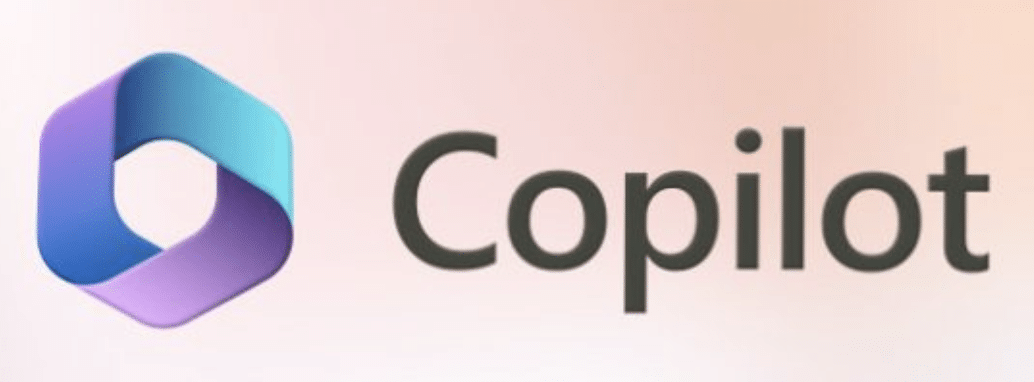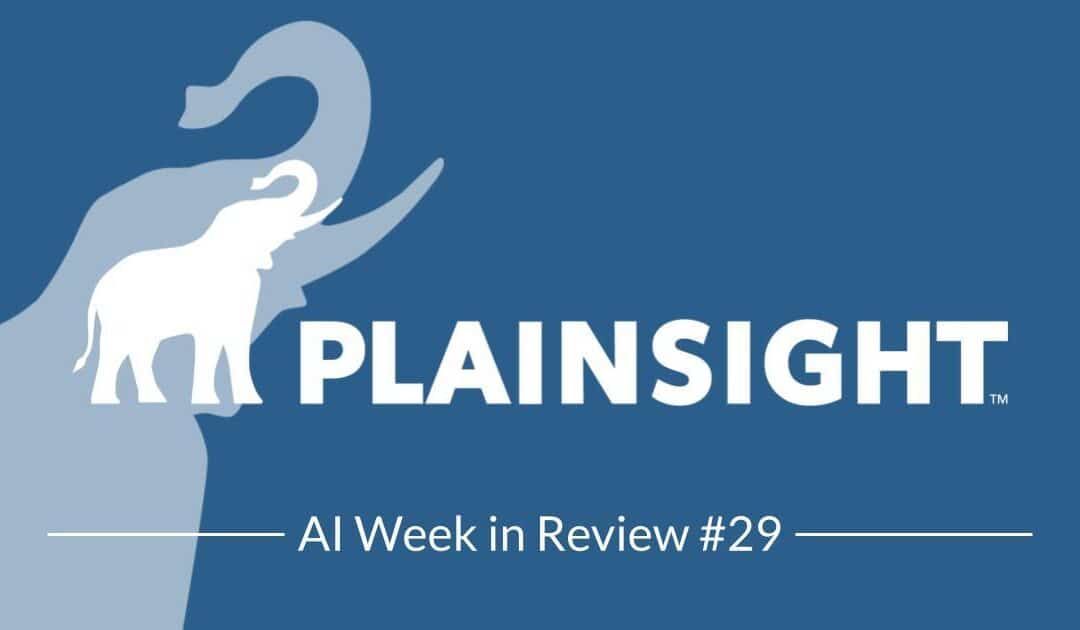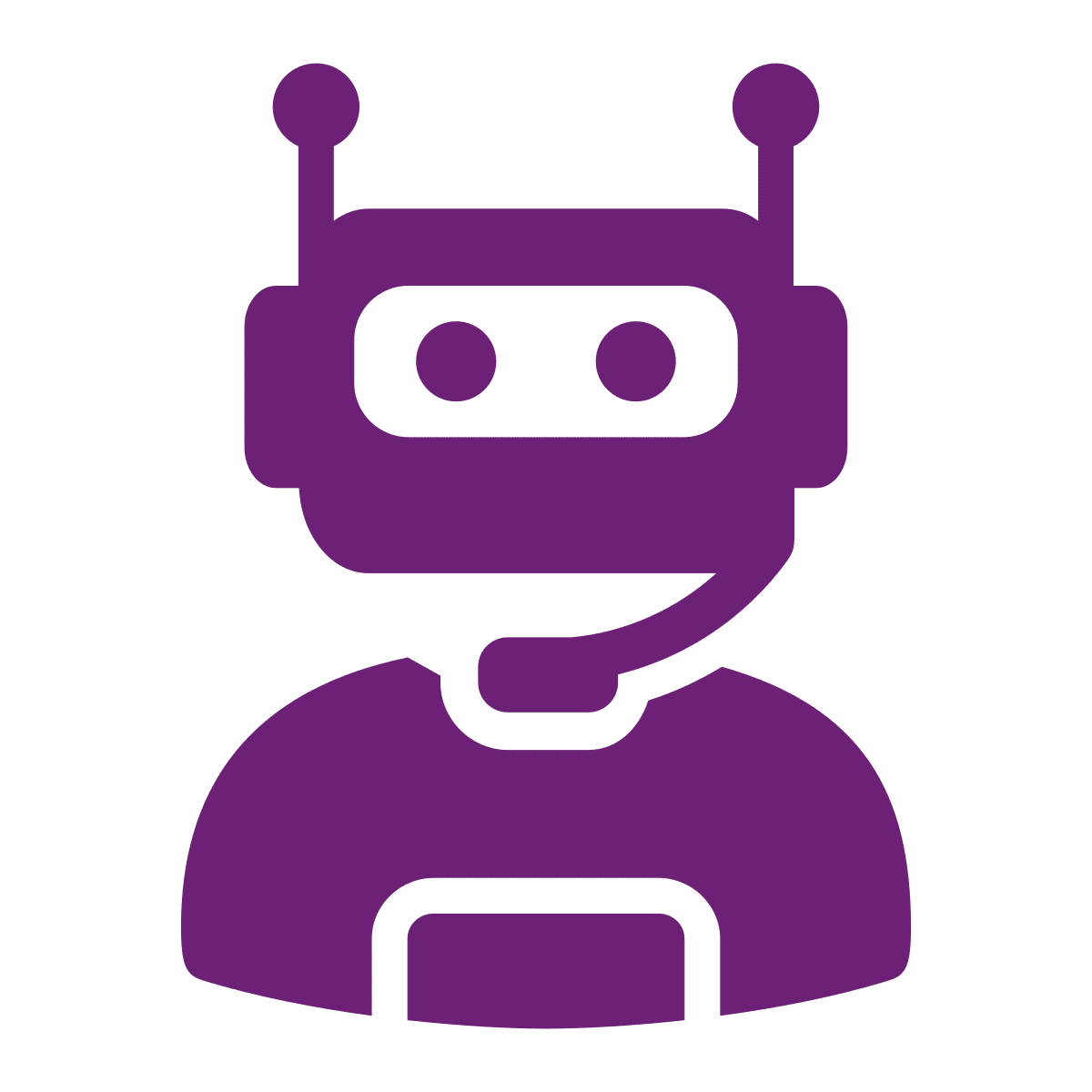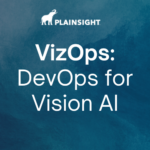Last week’s look at AI and ML news includes: Meta’s Llama 2 Takes Off, Everybody Needs A Co-Pilot, Apple’s Quiet Chatbot, and more.
Meta’s Llama 2 Takes Off Across the Generative AI Landscape
Meta announced Llama 2, their new family of text-generating AI models, that improve the performance of the previous Llama models that generated prompt-based text and code much like other modern chatbots. The original version of Llama was only available via gated access, but later leaked online and spread across AI communities. Now, Meta is offering Llama 2 free for research and commercial use.
Designed to drive apps such as OpenAI’s ChatGPT, Bing Chat and other modern chatbots, Llama 2 is trained on a mix of publicly available data. Trained on nearly twice the tokens as Llama, Llama 2 provides levels of refinement for Llama 2 and Llama 2-Chat. Meta has shared that the data is predominantly from the web, primarily in English, and does not originate from Meta’s own products or services. The focus, they highlight, is on text that leans towards a “factual” nature.
Llama 2-Chat is fine-tuned for two-way conversations, and users can select parameter levels to apply differing model skill levels to apply to problems, i.e., generating text. Ready for fine-tuning on platforms like AWS, Azure, and Hugging Face’s AI model hosting platform, it’s set to be a game-changer. Positioning for market dominance, Meta’s collaboration with Microsoft and capabilities for smartphones and PCs equipped with Qualcomm’s Snapdragon system-on-chip provide a powerful foundation.
For more detail, check out Kerem Gülen’s detailed dive into the what, how, and why Dataconomy.
Everybody Needs a Co-Pilot: Microsoft Announces AI Subscription for 365 Users
Microsoft 365 users have a new co-pilot to help them get work done. Last week, Microsoft announced a new artificial intelligence subscription service called Copilot. For an additional $30 per month, 365 commercial customers will have access to generative AI integrated into everyday tools like Teams, Excel, and Word.

Combining the power of large language models (LLMs) with user data in the Microsoft Graph and the Microsoft 365 apps to turn user’s words into productivity tools.
Copilot can rank incoming emails, summarize meetings, analyze spreadsheet data, offer writing prompts, and design presentations. The tool abides by a user’s preset security, privacy, and compliance policies for Microsoft 365.In early testing stages with 600 enterprise customers, such as Goodyear and General Motors. Microsoft has not announced a timeline for Copilot’s public rollout.
The company also announced Visual Search, a significant update to Bing Chat, its AI chatbot. Users can now take or upload a photo to Bing Chat and ask for more information about it through their desktop or Bing apps. It also launched Vector Search in preview through Azure Cognitive search, which will capture the meaning and context of unstructured data to make search faster.
Here’s the Microsoft microsite where you can watch Satya Nadella, Microsoft’s Chairman and CEO, introduce all the updates. The updates from Microsoft reflect the growing ubiquity of AI in the workplace. As AI tools deliver more sophisticated integration of language, imagery, and analytics, every day task automation, productivity improvement, and new insights will be the enterprise norm.
Apple’s Quiet AI Chatbot: What We Know So Far
Apple is developing its own artificial intelligence tools to challenge the likes of OpenAI and Google. The company has created a chatbot that is similar to ChatGPT and Bard, but from initial reports, it does not offer features that set it apart. Apple is reportedly aiming to make a significant AI-related announcement next year.
Apple has built its own framework, codenamed “Ajax,” to create large language models. Ajax runs on Google Cloud and was built with Google JAX, the search giant’s machine learning framework. Apple is leveraging Ajax to create large language models and serve as the foundation for the new internal ChatGPT-style tool.
The internal rollout of the chatbot was halted temporarily due to security concerns about generative AI, but has since been made available to more Apple employees. Although more employees are getting access to the chatbot primarily to help with product prototyping, text summarization, and Q&A based on data on which it has been trained, their access requires special approval. Bloomberg reports that any output from the chatbot can’t be used to develop features bound for customers.
Apple is focused on trying to address potential privacy concerns related to artificial intelligence. Apple CEO Tim Cook has said that although the tech giant would add AI to more of its offerings, it would do so on a “thoughtful basis.”
To Thine Own Self Be True: AI Regulation or Self-Regulation?
Seven leading AI companies—Amazon, Anthropic, Google, Inflection, Meta, Microsoft and OpenAI—have agreed to voluntary safeguards on the development of AI. The companies made their commitment to new standards for safety, security, and trust during a meeting with President Biden at the White House.
The voluntary safeguards include testing products for security risks, researching bias and privacy concerns, sharing information about risks with governments and organizations, and developing tools to address societal challenges like climate change.
Additionally, the companies pledged transparency measures to identify AI-generated material. The announcement comes amid concerns about the potential spread of disinformation and fears of the risks posed by increasingly sophisticated AI technologies. However, the voluntary commitments are not enforceable, and lawmakers are still working on legal and regulatory frameworks for AI development.
Last Week’s Environment + Energy Leader Solutions Summit ‘23
Our Co-Founder and CPO, Elizabeth Spears joined a panel of women leaders in sustainability and green technology to discuss the ways AI and computer vision innovation are enabling organizations to gain efficiency and obtain new environmental insights to assist them achieve aggressive sustainability goals. Read how Plainsight is working with Marine Situ to deliver cutting edge solutions for the blue economy to understand underwater environments to protect aquatic life and assist renewable energy providers.
The panel’s focus on the many ways women continue to break barriers across the sector provided a compelling discussion. The Summit’s session recordings are available on demand through August 18th.
About Plainsight
Plainsight dramatically reduces the cost and complexity of AI-powered computer vision across many verticals and enterprise use cases, including manufacturing, retail, food service, theft, and more. As companies automate their operations with AI and Agents, Plainsight brings vision capabilities to watch and analyze events in the real world and generate structured data for analytics and reporting. Headquartered in Kirkland, Washington, Plainsight Technologies operates as a distributed team, delivering cutting-edge solutions worldwide. To learn more, visit plainsight.ai.







